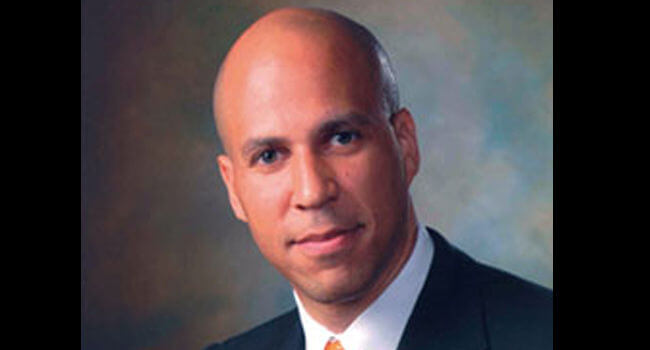WASHINGTON, DC – U.S. Sens. Cory Booker (D-N.J.), Deb Fischer (R-Neb.), Kelly Ayotte (R-N.H.), and Brian Schatz (D-Hawaii) introduced bipartisan legislation addressing the future impact of new technology known as the “Internet of Things.” The bill, known as the Developing Innovation and Growing the Internet of Things (DIGIT) Act builds upon the senators’ resolution, which called for a national strategy on the Internet of Things. This resolution passed the Senate last year in March.
Senator Booker released the following statement:
“The Internet of Things is already having a major impact on our economy, society, and individual well-being. This bill underscores our strong commitment to fostering innovation, protecting consumers, and finding collaborative solutions to outstanding challenges. I am grateful to have worked with Senators Fischer, Schatz, and Ayotte on this legislation and look forward to continuing our focus on the Internet of Things and ensuring America leads the world in cutting-edge technologies.”
The DIGIT Act directs the Federal Communications Commission (FCC) to complete a report assessing spectrum needs required to support the Internet of Things. It also convenes a working group of both federal and private entity stakeholders that would provide recommendations to Congress. These recommendations would focus on how to plan for, and encourage, the growth of the Internet of Things in the United States.
Over the past two years, Senators Booker, Fischer, Ayotte, and Schatz have worked on a bipartisan basis to explore advancements in new connected technologies and related public policy issues.
March 24, 2015, the U.S. Senate passed their Internet of Things resolution, which put the U.S. Senate on record supporting a strategy to maintain U.S. global competitiveness in the digital age. It also called for a modern framework around innovation, recognizing the importance of consensus-based best practices and the need for innovators to drive the future development of the Internet of Things.
The rapidly developing market of health wearables, connected homes, and other novel solutions represents an expanding industry of consumer products.








